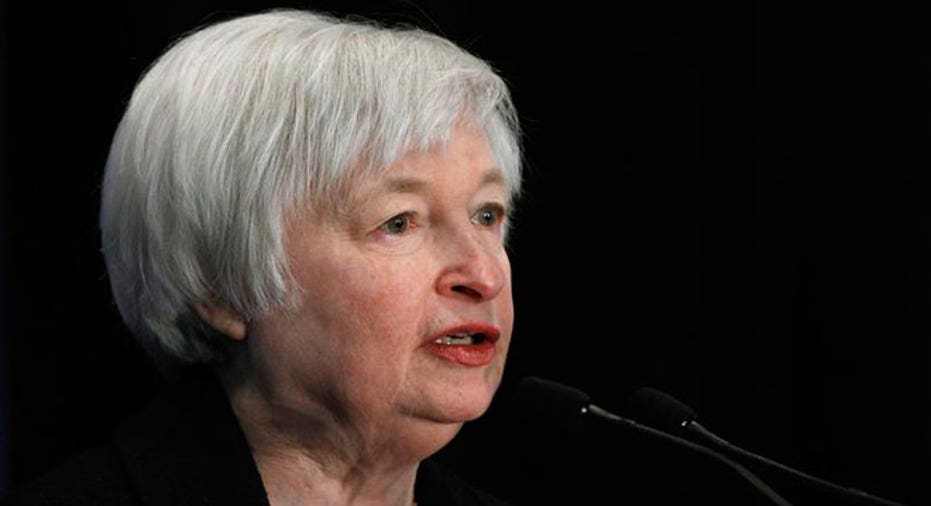Yellen Strongly Defends Fed 'Independence'

Responding to repeated calls for reforms to how the Federal Reserve sets monetary policy, Fed Chair Janet Yellen on Wednesday aggressively defended the central bank’s independence from the constantly shifting political whims of Washington, D.C.
In her second day of testimony before Congress, Yellen said any additional oversight by elected officials would leave the Fed – and ultimately monetary policy -- vulnerable to the political agendas of those legislators.
Her critics Wednesday suggested that’s already the case.
The frequent exchanges between Yellen and members of the House Committee on Financial Services were often lively (bordering on angry), with Yellen and her questioner – usually a Republican House member – attempting to talk over one another to get their points across.
In his opening statement, Financial Services Committee Chair Jeb Hensarling, (R-Texas) set the tone for the hearing: “Opponents argue any reforms threaten the Fed’s monetary policy independence, but the greatest threat to that independence comes from the executive branch, not the legislative branch,” he said.
“With respect to reform, accountability and transparency on the one hand, and independence in the conduct of monetary policy on the other, these are not mutually exclusive concepts,” Hensarling said.
Hensarling noted that Yellen meets with Congress just twice a year but meets once a week in a private lunch with Secretary Treasury Jack Lew.
Other Congressmen suggested Yellen should release the transcripts of her meetings with Lew.
Yellen said the meetings are private and that no transcripts are kept.
Congressman Scott Garrett, (R-NJ), offered what he described as a number of examples of how the Fed is already beholden to political agendas, citing former Fed Chair Ben Bernanke’s full-throated support of President Obama’s government bailout policies in the early days of the financial crisis.
In addition, Garrett was critical of speeches made by Yellen and groups she has spoken to, suggesting they were partisan events.
“You’ve already made monetary policy a political exercise,” Garrett said.
Cutting Garrett off, Yellen defended her speeches and said she talks to an array of groups from many political perspectives.
Unlike Tuesday’s hearing before the Senate Banking Committee, there was very little testimony related to monetary policy. When the topic did get around to interest rates, inflation and unemployment, Yellen reiterated comments made Tuesday: the economy is improving, she said, and interest rates will move higher when the Fed believes the economy is strong enough to stand on its own without Fed stimulus.
Yellen and her colleagues have given every reason to believe interest rates will likely move higher in mid-2015, the time frame economists have long predicted. But that could change if the tone of the economic data shifts significantly.



















